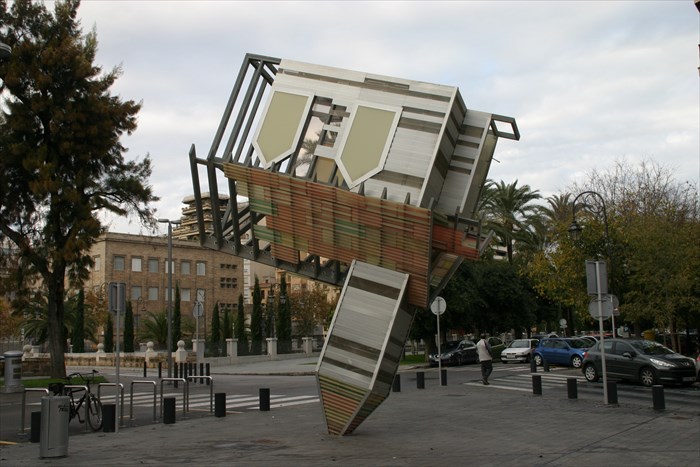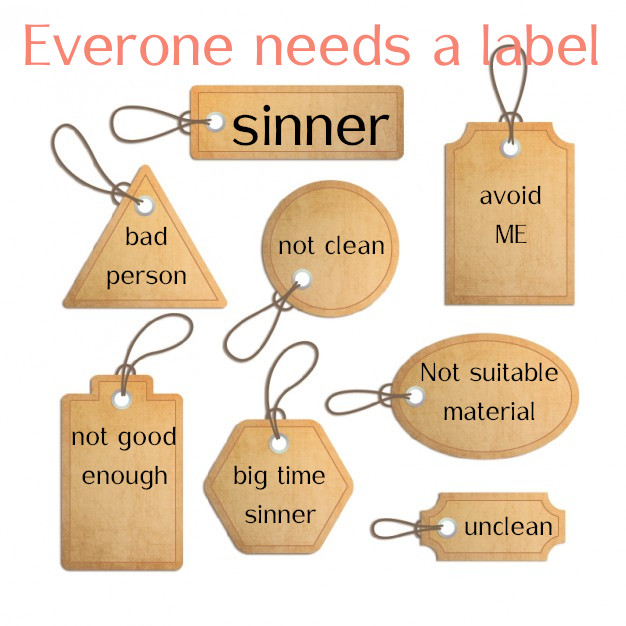The Imperial world of the NT gave the Gospel an inevitable conflict politically. There was a vision of transformation within it. The terminologies were so in your face:
- Son of god
The common and official title of Augustus Caesar in Greek documents was ‘Emperor Caesar Augustus, son of god’. An inscription from Pergamum refers to Augustus as ‘The Emperor Caesar, son of god, Augustus, ruler of all land and sea’.
Caesar’s did not claim to be god but were seen as invested with the divine and to such an extent that each subsequent ruler was termed ‘the son of the divine (previous) Caesar’. - Peace through his blood who did not resist, or through the blood of those who resisted.
- Who is ‘lord and saviour’ and ‘king of kings? And this came with the further question of how is that lordship and kingship defined, and outworked. Jesus is not simply the alternative Caesar, one who also acts in the same way! Power, top down; or love with empowerment beyond.
- The word euangelion (Good news) was used in ancient Greece of the public announcement of good news. It was used of a public declaration of a military victory or public policy. In the Roman world it was used whenever there was a royal ascension to the throne. The good news of Caesar Augustus the son of the divine Caesar. (Augustus, being the successor to Julius Caesar.)
When the apostolic band came to a Roman city and came with a gospel message the expectation was of a proclamation concerning the activity of an emperor. The person in the street was not pinning their ears back with an expectation of a three point sermon but of representatives of the government to proclaim good news. Government representatives they most certainly were! - Paul taught about the ‘kingdom (basileia) of God’, the very term used by Rome of their basileia (empire) of Rome, basileia being the Greek term and the vast majority of the world where Paul travelled was Greek speaking.
- Then the term ekklesia (church) was loaded with political implications. We have a very challenging question to answer when we ask what was in Paul’s mind when he was planting and encouraging ekklesias in city after city? Each Roman city already had an ekklesia – the political assembly that was the means to shape the future of the city. Each significant city had a Roman assembly… and here comes Paul planting a heavenly assembly, an assembly of Jesus Christ. I have no doubt that the very name ‘ekklesia‘ suggested that this assembly was the representative of Jesus called to shape the future of the city.
We have to ask what was Paul, for example, teaching on a daily basis in the hall of Tyranus in Ephesus. I consider it had a strong political message, so strong that the rulers of Asia (Asiarchs) became friends with Paul without ever responding to the ‘pray the sinners prayer now’ part that we assume was his message. They could not, or would not, get that part but so got the other part that they wanted to preserve his life. So different to the Jewish leaders who wanted to extinguish the life of Jesus to preserve the nation and Temple! - We pray till he come, we anticipate his parousia. Cities longed for the parousia of the emperor, the royal visit. Great blessing would come to the city, areas where they were struggling to see Roman culture expressed would receive such a boost. With the simplicity of the common meal those early disciples proclaimed his death until his parousia.
The political apostolic Gospel
The marks of an apostle were with Paul. He mentions signs and wonders and miracles, yet Jesus had said that there would be those with signs, wonders and miracles that he would distance himself from. Paul says that the miracles were accompanied with ‘great patience‘. An apostolic vision works today for the long term. At the heart of it is a conviction that a death by one is a death for all; a death in one place is for all geographies; a death at one time for all time. The apostolic carries a long-term vision of transformation of God’s world. A political vision that is not looking simply for short term fixes but long term healing. In that there will be great gains, and if the ground is not held great losses.








